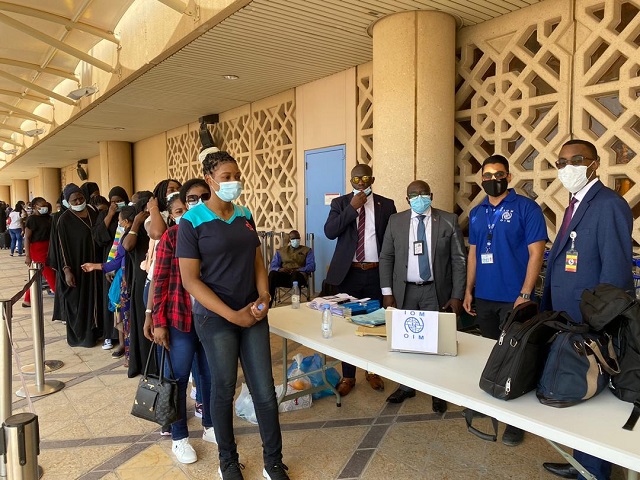The Uganda Manufacturers Association (UMA) has urged government to consider retaliation mechanisms against the Government of Kenya, for what they termed as ill treatment of Uganda and severe injury to investment.
Following the persistent ban on Ugandan exports to Kenya, traders have called for retaliation saying the diplomatic way has failed.
“Our very blunt demand as manufacturers is there should be a retaliatory measure, because we cannot be in a marriage where you cannot enter some bed rooms. Every time we speak about mistreatment of Uganda, government is in unending engagements with Nairobi and other capitals,” said Richard Mubiru, Executive Director, UMA.
Mubiru added that, “since there is no level of dialogue that has offered better results for Uganda, the private sector cannot survive in an environment of diplomatic appeasement that is seriously injuring investments,” he said.
Mubiru made this call while presenting a paper on the state of the economy during a meeting of the Committee on National Economy.
The director for policy and advocacy at PSFU, Julius Byaruhang said that the ban on milk exports to Kenya in March 2023 has grossly affected trade with companies like Brookside Uganda laying off half of their employees.
“It is key to note that Kenya accounts for 75 percent of Brookside diary market. This is a very unfair practice which does not put into consideration the value chain disruptions and the subsequent losses it is creating,” Byaruhanga said.
He decried the recent ban on wheat and maize exports to Kenya, cognizant that Kenya has been the biggest consumer of Ugandan maize, with export revenue worth US$92 million registered in 2020 and US$ 52 million in 2021.
Traders want government to boost trade relations with DRC which they said has demonstrated potential.
“For us to grow the manufacturing output by almost double, we do not have to invest any new dollars. If we are able to secure US$ 500 million for DRC targeting women, youth and small holder exporters, we estimate the number could grow five folds, meaning we could easily get US$ 2.5 billion as annual revenue,” Mubiru said.
He emphasized that such a milestone requires an export insurance policy which he says will save government from making compensation on trade losses.
“Parliament has made compensation to traders for losses in South Sudan and other markets but our view is that we need to be smarter and create instruments where the private sector needs not to look for you,” Mubiru said.
Isingiro County South Member of Parliament, Hon. Alex Byarugaba said there is need for the private sector to complement government’s efforts in regulating what he described as illegal trade, saying it has contributed to the ban on Ugandan products.
“I made inquiries and was told that our traders go to Tanzania buy some cheap rice and mix it with local rice and export it. I am told the same has happened with milk; you are cheating us. You need to look into your backyard,” Byarugaba said.
Kalungu East County MP who doubles as the Shadow Minister for East African Community Affairs, Hon. Francis Katabaazi said there is need to improve diplomatic relations in the region saying the trade wars are not only with Kenya.
“We have even had issues with South Sudan; they recently arrested 74 of our trucks saying our posho had toxins. I think we need to improve our diplomacy such that we are not the punching bag,” Kataabazi said.
![]()

























